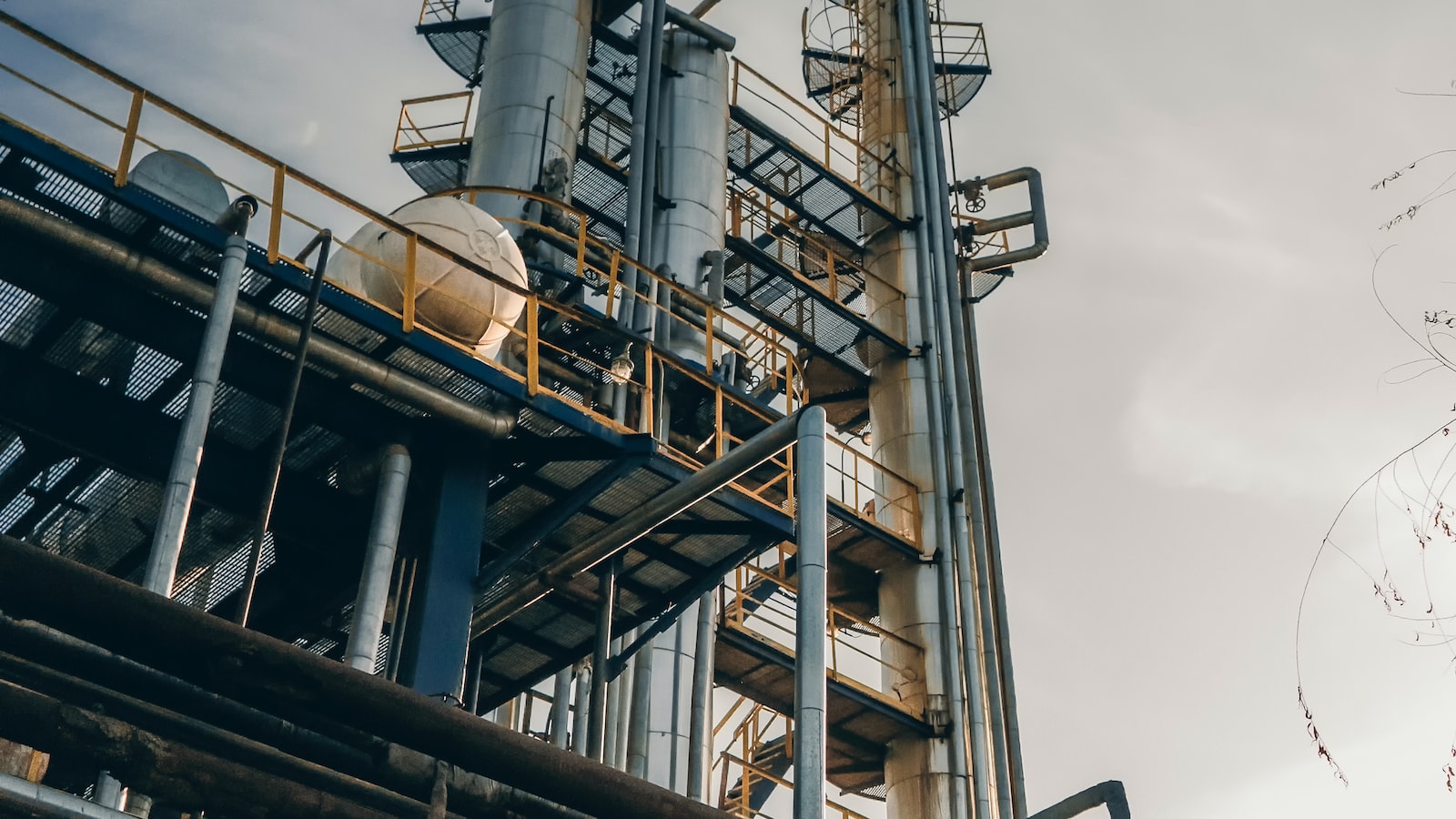The petrochemical industry plays a crucial role in modern society, providing essential raw materials for numerous industries. However, this industry has faced increasing scrutiny due to its environmental impact and contribution to climate change. To address these concerns, the petrochemical sector has been driving innovations to develop sustainable solutions.

One of the key areas where petrochemical innovations have made a significant impact is in reducing greenhouse gas emissions. Companies are investing in advanced technologies to optimize processes and minimize the carbon footprint associated with petrochemical production.
Through improved efficiency and breakthrough advancements, the industry is actively working towards developing cleaner and more sustainable processes. For example, innovations in catalyst technologies have led to notable reductions in energy consumption and emissions during petrochemical synthesis.
Another important aspect is the recycling and reuse of petrochemical products. The industry is investing in research and development to develop sustainable recycling methods that can recover valuable materials from waste products.
By implementing effective recycling techniques, petrochemical companies are not only reducing waste but also decreasing the reliance on virgin feedstocks. This approach significantly reduces the environmental impact and depletion of natural resources, making the whole petrochemical industry more sustainable.
Moreover, the industry is actively exploring alternative feedstocks to diversify and reduce dependency on fossil fuels. Bio-based feedstocks derived from renewable resources such as plant matter or agricultural waste are being researched extensively. These bio-based alternatives have the potential to reduce carbon emissions and mitigate environmental concerns associated with traditional feedstocks.

Collaboration and partnerships are key drivers of petrochemical innovations. Companies are working together to create a more sustainable future and bring forth novel technologies, materials, and processes.
This collaboration extends beyond the industry itself and includes academia, research institutions, and governmental bodies. By sharing knowledge, expertise, and resources, stakeholders are collectively addressing the challenges of sustainability and striving for continuous improvement.
In conclusion, petrochemical innovations are advancing the industry toward a more sustainable future. From reducing greenhouse gas emissions and developing recycling methods to exploring alternative feedstocks, the petrochemical sector is actively driving the adoption of sustainable solutions. Through collaboration and partnership, the industry aims to ensure a responsible and environmentally sound petrochemical production, meeting the needs of modern society while preserving the planet for future generations.





